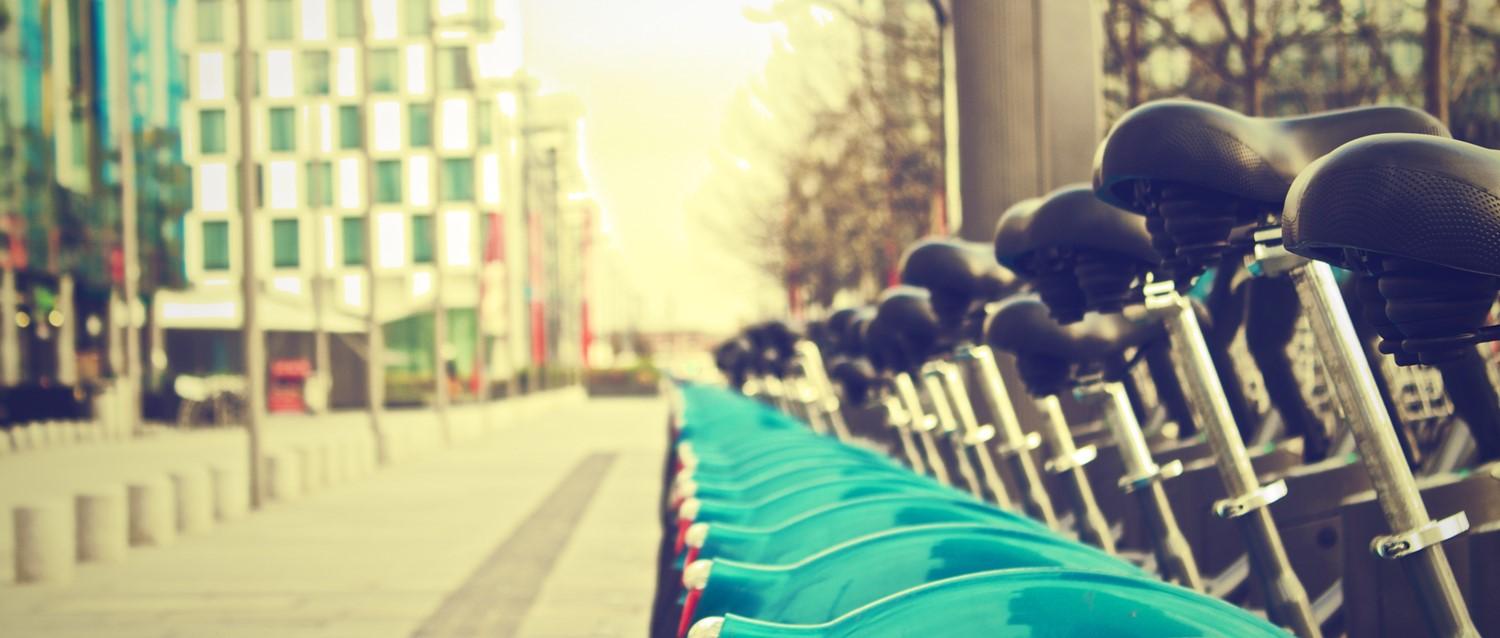
How to deal with a fear of judgement whilst exercising
Peer reviewed by Dr Sarah Jarvis MBE, FRCGPAuthored by Lydia SmithOriginally published 2 Sept 2020
Meets Patient’s editorial guidelines
- DownloadDownload
- Share
- Language
- Discussion
Life under lockdown has taken its toll on many of us. The lack of routine, exercising less, comfort eating and the stress of living through a global pandemic have affected us both mentally and physically. Exercise can help us feel better, but this can be easier said than done if you're feeling self-conscious. So what can you do if you're worried about being judged?
In this article:
According to a King's College London and Ipsos MORI survey of 2,254 people, 48% said they put on weight during lockdown - and the same percentage reported feeling more anxious or depressed than usual.
Very few people stride into a gym or set off for a run feeling confident every single time. You may worry about being unfit or looking silly in front of other people - and it can be daunting to join a new class with people you don't know. Even wearing an old pair of leggings or lycra sports clothes can make you feel awkward and uncomfortable.
Continue reading below
Why do we feel judged?
"A fear of being judged can lower our self-esteem and affect how we feel about ourselves. We can feel that others are evaluating our weight," says Dr Rhonda Cohen, a registered sport and exercise psychologist and member of the British Psychological Society.
"We may feel that others are judging our lack of fitness or even our old sports clothes and this can make us feel unsure about ourselves and question our behaviour," she adds. "It can also prevent us from adhering to an exercise programme as we lose our confidence in being able to present ourselves in front of others."
John-Paul Davies, a psychotherapist and spokesperson for the UK Council for Psychotherapy, says it's normal to focus on our imagined flaws when around other people.
"With gyms combining lots of unknown strangers with a primary focus on your external appearance, you can see why your fear can really push forward in them," he explains. "Fear is meant to be uncomfortable to make sure you do something about it. It usually wants you to avoid whatever it sees as causing the discomfort.
"Even if you manage to override the discomfort and get to the gym, it can make your experience so uncomfortable you're unlikely to want to repeat it."
Doing exercise isn't just about improving your physical health and trying to shift any pounds gained during lockdown, but it's essential for your mental health too. It releases brain chemicals such as endorphins, which help to relieve discomfort and boost our mood. So how can you ignore any worries and enjoy being active with confidence?
Find a class you love
For Rae Radford, 58, finding something you love doing - rather than forcing yourself to an abs class that you hate - is key when it comes to overcoming worries about exercising.
"Does anybody actually walk into a gym on the first day thinking they look great? My guess is probably not," she says. "I have had stages in my life where I have been super fit, fit, somewhere in the middle and fat. I bounce into the gym when I'm super fit, but the other times I'm always aware of others judging me.
"Unfortunately, I have rather large knockers and running, jumping or doing jacks isn't ever going to be graceful. But I have found spin classes and I love to spin, proving that there is something out there for everyone."
Continue reading below
Think about what you're afraid of
It's also helpful to build up your confidence little by little. "You can try to notice and then manage the particular fear-based thoughts and behaviours that exercise triggers," Davies says.
"Try to be aware of what your fear part is telling you and know that it most often distorts your perception of yourself and others. It'll always amplify, even imagine, 'flaws' in you and assume other people are much more critical and concerned about you than they really are."
Think about what is scaring you and whether it's a legitimate fear. If you're worried about people watching you exercise, the likelihood is that they're far too busy doing their own routines to focus on you. Very few people will notice what you are doing or wearing. And remember, everyone looks sweaty and dishevelled when exercising - especially if they are working hard.
Set achievable goals
It also helps to set yourself small goals and aims, such as trying out a new class or doing a home workout. If you hate gyms, there are plenty of online exercise videos you can do in the comfort of your home.
"Setting and achieving exercise goals also gives you a sense of achievement and competency in life and resulting changes to your physical shape can increase self-esteem and confidence," says Davies.
Continue reading below
Look after yourself
To feel more confident in general, you need to learn how to relax and enjoy yourself - even when things are stressful. "Most of us though will feel more balanced after mindfulness and meditation, a walk in nature and spending time outdoors," says Davies.
Getting enough sleep, good nutrition, drinking plenty of water and spending time with people we love are also key. Reading, dancing and listening to music and, particularly, being physically active all help too.
"All of these will turn down your fear part and put more energy into the part of you that's about connection with self and others - the place of confidence," he adds.
"When your fear is turned down generally in life, you'll be more likely to be able to enjoy the gym. Rather than forcing yourself to do that now if it makes you too anxious, try to focus on all the other ways there are to improve your well-being and build more of them into your daily routine."
Patient picks for Exercise and physical activity

Healthy living
What is rucking and is it right for you?
It's well known that a brisk walk benefits your health, but if you want to take your walking routine up a notch, you might be interested in rucking. In this guide, we’ll break down what rucking is, explore its health benefits, and help you decide if it’s the right fit for you.
by Victoria Raw

Healthy living
Will future towns and cities focus on fitness?
In a 2017 speech, Baroness Tanni Grey-Thompson accused UK town planning laws of favouring the opening of fast food outlets over new gyms and fitness hubs. The Paralympian is undoubtedly on to something, but it will take more than the shuttering of fried chicken shops to tackle the growing public health crisis in our towns and cities.
by Ross Davies
Continue reading below
Article history
The information on this page is peer reviewed by qualified clinicians.
2 Sept 2020 | Originally published
Authored by:
Lydia SmithPeer reviewed by
Dr Sarah Jarvis MBE, FRCGP

Ask, share, connect.
Browse discussions, ask questions, and share experiences across hundreds of health topics.

Feeling unwell?
Assess your symptoms online for free
Sign up to the Patient newsletter
Your weekly dose of clear, trustworthy health advice - written to help you feel informed, confident and in control.
By subscribing you accept our Privacy Policy. You can unsubscribe at any time. We never sell your data.